Building Profitability—Tax and Cash Flow Tips for Construction Companies
Givens LLP | NOV 20 2023
SHARE
With fewer tools on site and more hands in the office, winter is the perfect time for construction companies to start thinking about year-end tax preparation. But don’t worry—while you’ve been building structures, our Chartered Professional Accountants at Givens LLP in Edmonton have been building strategies to help you file the best tax return for your construction company.
Proper financial planning with a CPA can help you minimize your tax liability, ensure your construction business is on a solid financial footing for the next busy season, and make sure you never leave money on the table. In this blog, we will discuss six essential factors for Canadian construction companies to consider when preparing for year-end taxes.
1. Review Your Work in Progress
One of the first things a Canadian construction company should do when preparing for year-end taxes is to review any work in progress. A WIP is an estimate of project costs including accounts of materials, overhead, and labour that can be easily compared to revenue for an at-a-glance picture of profitability.
Accurate WIP calculations are vital for construction companies, as they determine the income you'll declare in the current tax year. By ensuring that your WIP schedule is up-to-date and that you are accounting for all ongoing projects, you develop a more precise financial picture of your business—something that is essential when it comes to understanding your profitability.
2. Cash Flow Projections
It goes without saying that managing cash flow is critical for construction companies, but it becomes even more crucial at year-end. Developing accurate cash flow projections with a specialist can help you anticipate your financing needs and ensure you have enough liquidity to cover your expenses—including end-of-year tax payments.
It comes down to being prepared for anything—by assessing your upcoming expenses and revenue expectations, you can avoid any year-end cash crunches. Additionally, having solid management of cashflows can ensure your business weathers the leaner months, has adequate working capital to start new projects, and retains cash on hand to meet your tax obligations.
3. Be on Top of Your Receivables
Outstanding accounts receivable can be a significant issue for construction companies given how large some construction projects may be.
Set Clear Payment Terms: Stick to clear and concise payment terms with your contracts and invoices. From day one, ensure your clients understand when payments are due, any late fees that may apply, and the accepted payment methods.
Send Timely Invoices: Send out your invoices promptly after completing a project or delivering goods. After all, the sooner you send an invoice, the sooner you can expect to receive payment.
Follow Up Diligently: Don't be shy about firmly following up on overdue invoices. A consistent approach to collections can help you get paid faster and more consistently. Outstanding invoices can cause headaches later, so consider any necessary steps you will take to collect and account for missing payments.
Use Accounting Software: Consider using accounting software to streamline your invoicing and receivables management. Many digital solutions can automate invoice generation, track payment status, and send reminders for a more efficient and accurate process.
Shorten Payment Terms: Consider shortening your payment terms with clients and vendors. Many construction projects have payment terms that extend for weeks or even months, often with complex moving parts. By negotiating shorter payment terms wherever you can, you improve your cash flow while ensuring you have the funds available.
Benefits of managing your receivables include reduced reliance on credit, reduced interest, available working capital to fund new projects, and being able to afford to pay large expenditures with ease. Best of all, you’ll be able to face your year-end tax obligations without worry. Doing the analysis and prep work now will help you make informed decisions and receive payment sooner.
4. Work With Your Bank
Year-end can be a stressful time for your finances, but working closely with your banking partners can help ease some of that stress. Discuss your year-end needs with your bank, explore your financing options, and consider lines of credit or other financial strategies that can help you if necessary.
No matter how you look at it, building a strong relationship with your banking partners and local Chartered Professional Accountants can be advantageous in times of financial need.
5. File Your T5018 to Avoid Penalties
For Canadian construction companies, the T5018 Statement of Contract Payments is a critical form to file. Unfortunately, it is also one of the most commonly forgotten entries.
A T5018 slip identifies the total contract payments made to recipients by a contractor in a calendar year or fiscal period. Think of it like a very complicated grocery receipt. The T5018 reporting requirement is a significant part of the CRA's effort to promote compliance in the construction industry while reducing underground economic activities. You can choose to do these slips either at your fiscal year-end or on December 31st of each year. No matter which reporting date you decide to proceed with, you will have 6 months from that date to file the slips.
Working With Givens CPAs to Ensure Your Success
For continued success, your foundations on and off the financial books need to be solid to get ahead. By reviewing your work in progress, creating cash flow projections, actively managing your receivables, abridging payment terms, working with your bank, and accurately filing the T5018, you can set your construction business on the path to a successful year-end tax season.
Don't wait until the last minute—start your preparations with Givens LLP today to ensure a smooth and stress-free year-end tax season for your construction company. Our team is dedicated to your fiscal health, growth, and legacy. Book your obligation-free call today to get started with our team members. Watch for more information on our upcoming webinar where our experts discuss these topics and more in greater detail.
We Are Hosting a Webinar on February 1, 2024!
With topics from automation and cash flow to future-proofing your business, our upcoming webinar is a must-see event for construction companies and entrepreneurs in Alberta.
Join Jessica Harquail (Givens Partner), Kathleen Dengler (Geib and Company Partner), and Rita Kim (Growth Advisory Services Inc.) in a fireside chat where we explore ways to maximize your accounting processes for years to come.

